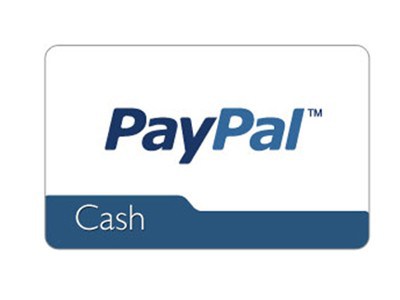For many first time car buyers, a new car is quite a large purchase, second to that of purchasing a home, so it pays to explore and carefully consider financing options. Although not as complicated as a mortgage, new car financing can be tricky and expensive if you’re not careful and making the correct decision can be difficult due to the uncertainties involved.
First, work out a monthly budget to get an idea of what you can afford, and don’t forget to add insurance, fuel and maintenance costs in your total. Takea look blow at some options that are available to you.

Dealer Financing
Dealer financing can be very convenient: You can practically walk into the dealership, discuss your needs, lsign the papers and drive away with your new car. Some may argue that dealer financing is not the best option although you may get a great price on the car, However, dealers generally work with several banks and finance companies to suit different buyer situations, so you can get a good deal if you’re number-savvy and don’t give in to pressure easily.
Bank Financing
Some would consider financing through your bank or other lending company to be the best financing option for your new car. There is no interest on the banks side. You simply tell them how much you need to borrow and they’ll shoot you a payment with the interest rate tacked on. Pre-approval for a new car loan is a smart way to go, as you’ll know exactly what you can afford upfront and will often save the loan application fee that some dealers charge.
Cash
Walking into a dealership with cash may seem pretty cool, but it might not always be the best option. You’ll get just as good a deal with a pre-approved auto loan but won’t be out of your hard earned cash that may be better used on other things. Car loans are generally cheap money with low interest rates that aren’t compounded in complex ways, so unless you’re flush, consider investing it or paying down more expensive debt like your mortgage or credit cards instead.
Leasing
Leasing a vehicle can be quite an attractive option because of lower payments, but typically you’re basicallly paying a contracted rental fee. You’re responsible for maintenance, insurance, damage and operating costs for something you don’t own, and you’ll need to return the car or purchase it at market value at the end of the lease. Leasing can make sense if you’re a business owner as you may be able to write off the costs. You’ll be able to do the same thing with a financed vehicle, but lease payments can be higher and you’ll need to sell or dispose of the vehicle when its useful life has expired. Leasing allows you to upgrade vehicles every few years, but you’ll be stuck with a perpetual car payment.
So now that you know your options, have done your research, it’s now you?re ready for that test-drive.



